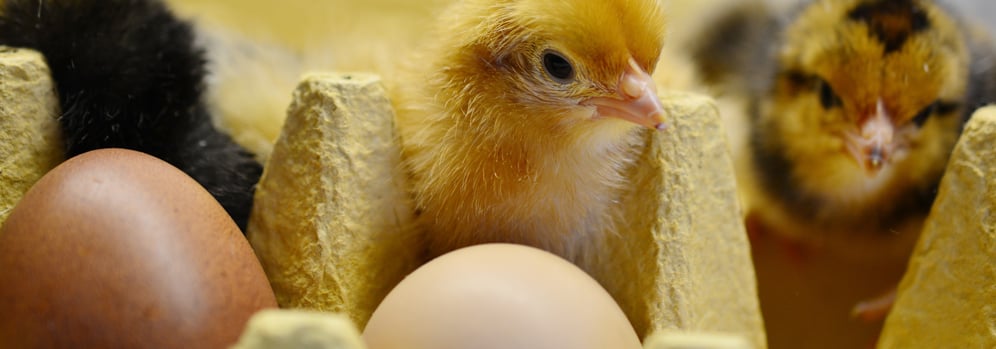
Frequently asked questions about veganism
Veganism means trying to avoid harming animals. The most visible feature of being vegan, and probably the one that can directly make a difference for the most animals, is eating vegan. This means eating only foods that don’t come from animal sources or harm animals, such as animal flesh, dairy products, and honey. But nonhuman animals are harmed and killed in many other ways that are also avoidable. Vegans choose not to wear clothes made from animals or upholster their furniture with the skins of animals. They choose types of entertainment that are not harmful to animals, which excludes shows such as circuses with animals, rodeos, and bullfights. They don’t use or support other forms of using animals as resources, such as using them for labor or as tools for military purposes. While it’s not possible to avoid harming animals in any way – such as stepping on insects accidentally – vegans avoid it to the extent possible.
The following pages include answers to some frequently asked questions about veganism.
Why be vegan?
What are the reasons to become vegan? Why are animals harmed by the production of different animal products? This page answers these questions.
Responses to questions and objections to veganism
There are several questions and objections to veganism. This is understandable, as the use of animals is very common. But there are responses to those objections.
Information about going vegan
When they think about going vegan, people are sometimes unsure how to make the change and what to consider when planning a diet, such as possible nutritional deficiencies. Read this and you’ll see it’s easier than you thought!
Veganism and antispeciesism
Antispeciesism means rejecting speciesism, which is the discrimination against animals who don’t belong to certain species. Opposing speciesism includes not supporting the use of animals as resources, and there are also things we can do to help animals.
Speciesism FAQ
Do you want to learn more about speciesism and the arguments related to it? Check out this page with many more questions and answers.